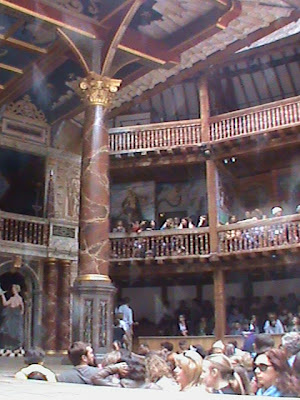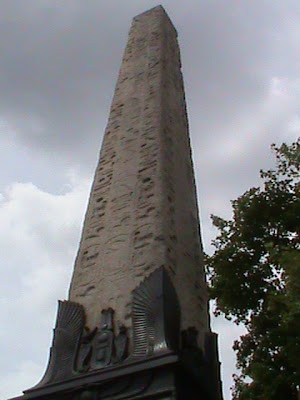The problem? They were successful.

A shot of the war room.
Realizing that their ports may be safer than the open seas, the Royal Navy left the Luftwaffe scrounging around for coastal subs to sink. They managed to sink just one.
Worse, despite notching 4 aircraft kills and 2 aborts vs. only 2 aircraft aborts by the RAF, the Luftwaffe is increasingly frustrated by their inability to force the RAF into a decisive air battle. The turn itself was a draw with both the UK and Germany picking up 7 points each, but one can't help but to feel that the Germans may be losing the initiative.
The RAF managed to repair a number of their inoperative squadrons and received a very timely 6 squadrons of reinforcements, as well as pulling some units off factory duty in the north. Their strategy of avoiding battle with the Luftwaffe seems to have bought them some time.

Another worrisome development is that with the British not having to worry about spending equipment points on repairing factories and radar stations, they can divert them to re-equipping brigades depleted by the Dunkirk evacuation. The 2 infantry divisions sitting in Kent are a major concern to any potential invasion, especially as the Germans will only have enough shipping to send over a maximum of 6 unsupported divisions per turn in ideal conditions.
The British continue to send their night bombers after German shipping and port capacity, but increased German anti-aircraft makes this a low-return and sometimes hazardous venture at this point in the war. A possible change in strategy might be to send out smaller, but more numerous sorties.
The Germans may switch to strikes against the Royal Navy ships in port, which surely the RAF cannot ignore. Strikes against factories, given the decreased protection in the air, remain a possibility, but the Royal Navy remains a priority should the Germans commit to an invasion.
This raises the question of whether the Germans need to invade at all to achieve victory. True, England may look like a shell waiting to be cracked, with relatively weak ground forces in opposition, but the Germans lose 50 points per repulsed invasion attempt, so the strategy is high-risk, high-reward.

































